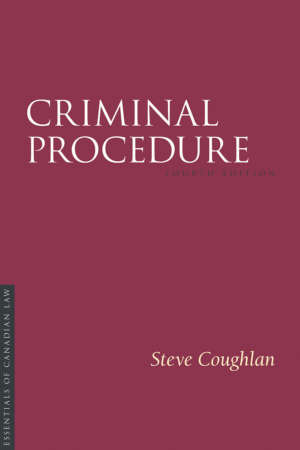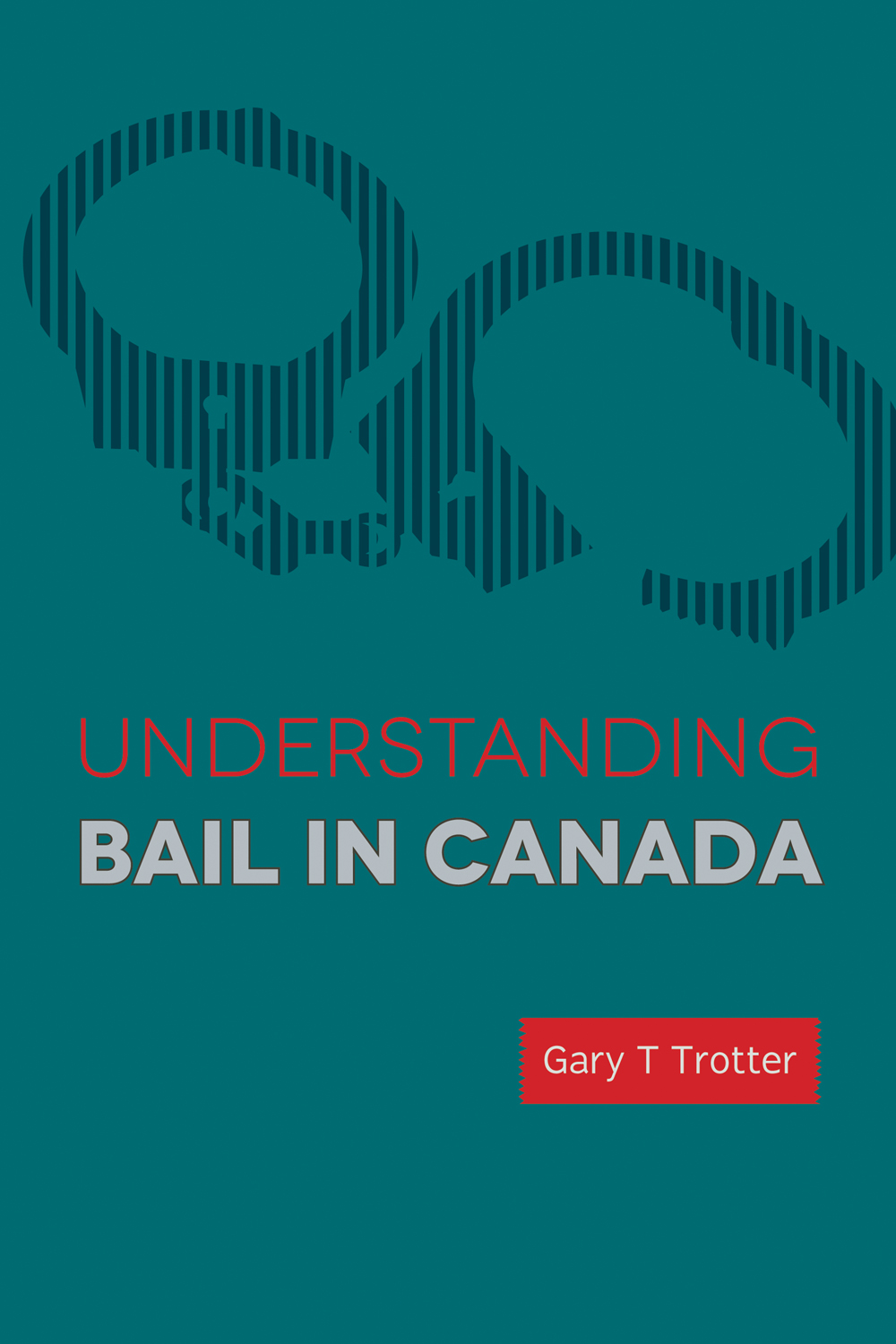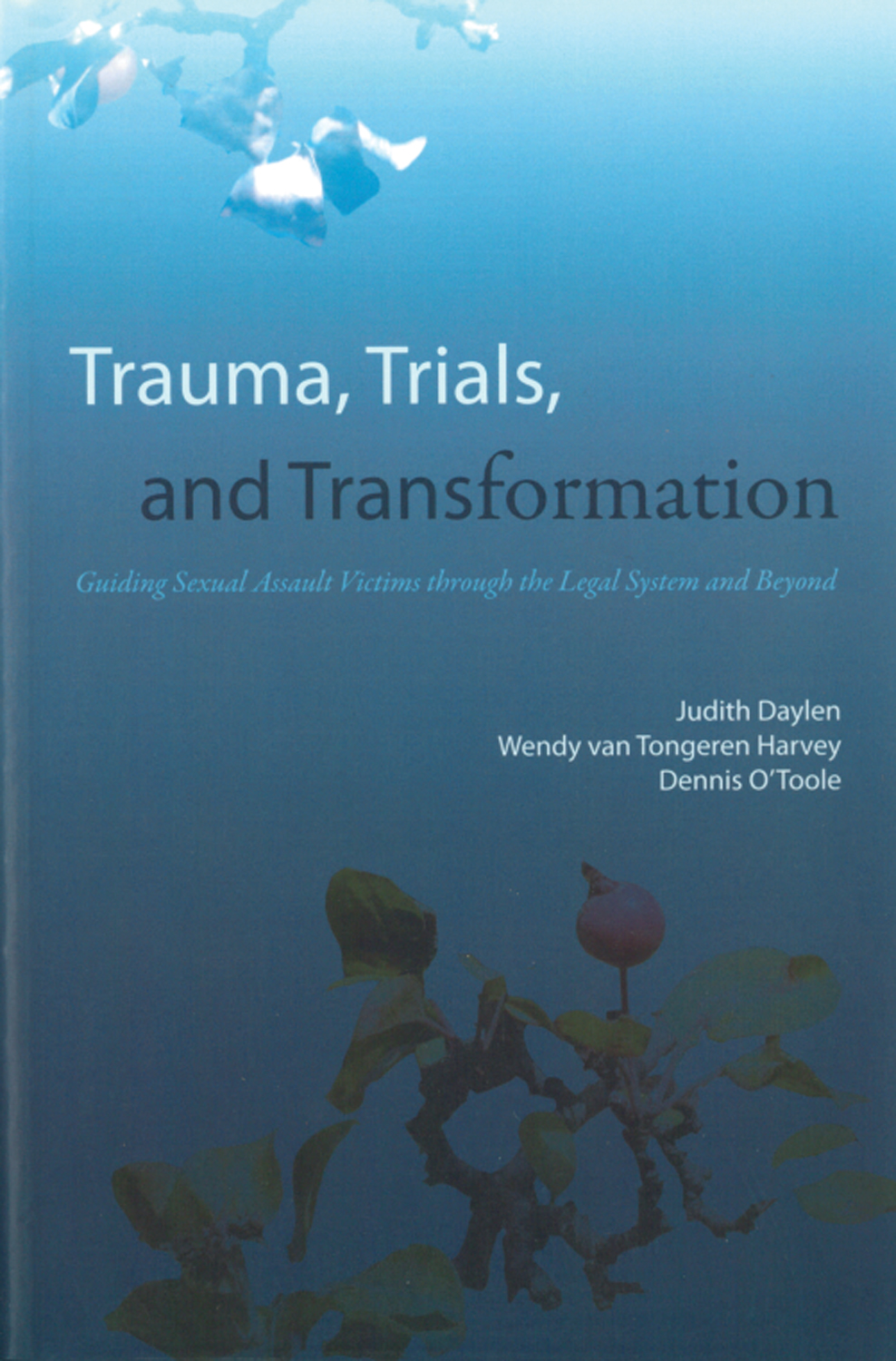Indictable offence
5 definitions found for this term.
Definitions are presented in the order source books were published (most recent first).
The more serious category of offences, which generally have no minimum penalty but can carry sentences as severe as life imprisonment without possibility of parole for twenty-five years. Indictable offences are tried on an indictment and might have a preliminary inquiry. In most cases, an accused has an election as to mode of trial, though this is not the case for absolute jurisdiction offences or exclusive jurisdiction offences.
A group of offences in the Criminal Code representing the most serious offences in the criminal law. This group of offences often overlaps with or shares some of the same characteristics as American “felonies.”
Those offences that are labelled as such by the Criminal Code or other federal statutes. These offences are subject to more serious penalties than summary conviction offences. The accused also has the right to elect how he will be tried: by a judge without a jury, or a court composed of a judge and jury. However, for certain offences, the Ontario Court of Justice has “absolute jurisdiction”; that is, the jurisdiction of the Ontario Court of Justice to try the accused does not depend on the consent of the accused.
-
Trauma, Trials, and Transformation
Guiding sexual assault victims through the legal system and beyond
$29.95 – $47.92
The category of criminal offences that are subject to formal and complex procedures. Generally, indictable offences are more serious than summary conviction offences are, and they carry lengthy maximum sentences. For example, impaired driving causing death is an indictable offence and is subject to a maximum sentence of fourteen years imprisonment. Most indictable offences give the accused the right to elect to be tried in a higher court by a judge alone or with a jury.




